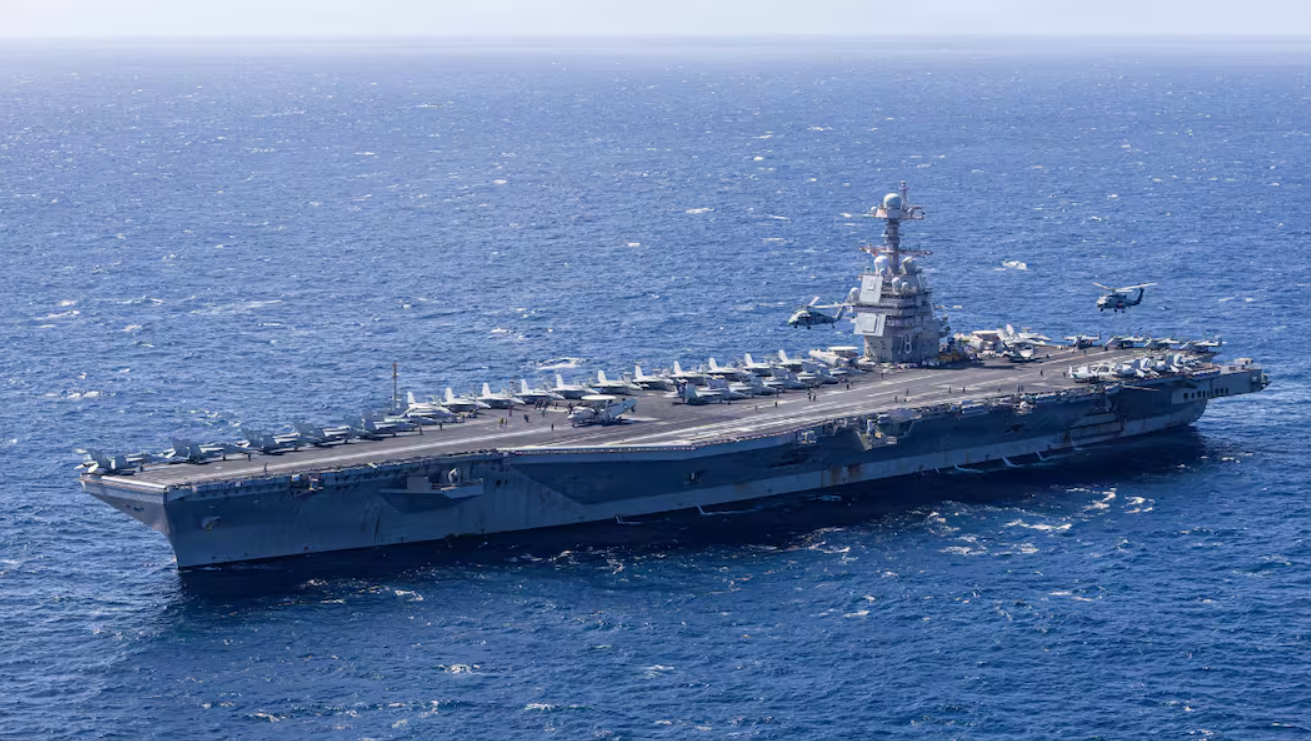Bottled Water Price Hikes in Bangladesh—Impact on Consumers and Businesses

In the lead-up to the national budget, Bangladesh has witnessed a significant surge in bottled water prices, raising concerns among consumers and prompting scrutiny from regulatory bodies.
Price Surge and Profit Margins
Between January and September 2023, the retail price of a 500ml bottled water increased from Tk15 to Tk20, marking a 33% hike. While companies attributed this to rising import costs and currency fluctuations, investigations revealed that production costs rose marginally. For instance, Coca-Cola’s Kinley brand experienced a 212% profit increase with only a Tk1.624 rise in production cost per bottle .

Similarly, Akij Food & Beverage’s Spa brand reported a staggering 420% profit increase, despite production costs rising by just 18.33%. The Bangladesh Competition Commission (BCC) found that companies set the maximum retail price (MRP) at Tk20 while the wholesale rate remained between Tk11-12, leading to an “irrationally higher” profit margin .
Impact on Consumers
The price hike has disproportionately affected low- and middle-income consumers, many of whom rely on bottled water due to concerns over the safety of municipal water supplies. The Consumers Association of Bangladesh (CAB) protested the sudden price increase without prior announcement, emphasizing the burden on consumers .
In response to the price surge, there has been a noticeable shift in consumer behavior. Sales of ATM water, a more affordable alternative, dropped by about 15% after its price doubled from 40 paisa to 80 paisa per litre . Additionally, a survey indicated that while consumers prioritize hygienic bottled water, they are willing to switch brands for better quality or price .

Business Landscape
The bottled water market in Bangladesh is dominated by brands like Mum, Fresh, Kinley, and Aquafina. Collectively, these companies supply over 63 million litres of bottled water monthly, with the market experiencing a consistent year-on-year growth rate of 10-12% .
Despite the growth, the recent price hikes have drawn criticism. The BCC has urged the Directorate General of National Consumers Protection (DNCRP) to take action against companies for setting unreasonably high prices, which undermine fair competition and consumer welfare
Regulatory and Policy Implications
The BCC’s findings highlight potential violations of the Competition Act of 2012, as companies appear to have collectively set inflated prices. The Commission has recommended immediate action to address these practices and protect consumers from unjustified price increases .

Furthermore, the reliance on bottled water underscores systemic issues with the country’s water infrastructure. Despite multiple tariff increases by the Water and Sewerage Authority (WASA), many consumers still find municipal water unsafe, leading to a dependence on bottled alternatives .
The pre-budget surge in bottled water prices in Bangladesh has spotlighted the tension between corporate profit motives and consumer rights. While businesses report significant profit increases, consumers bear the brunt of price hikes, raising questions about market fairness and regulatory oversight. Addressing these challenges requires a multifaceted approach, including stricter enforcement of competition laws, investment in public water infrastructure, and increased transparency in pricing strategies.












